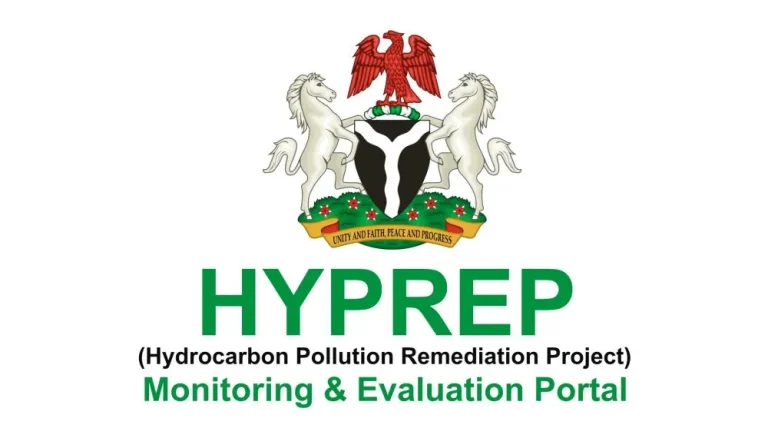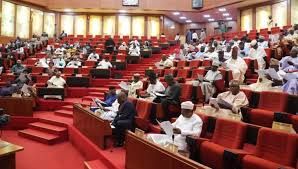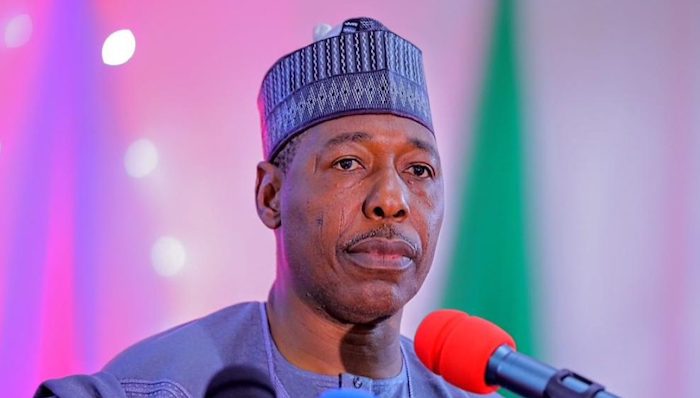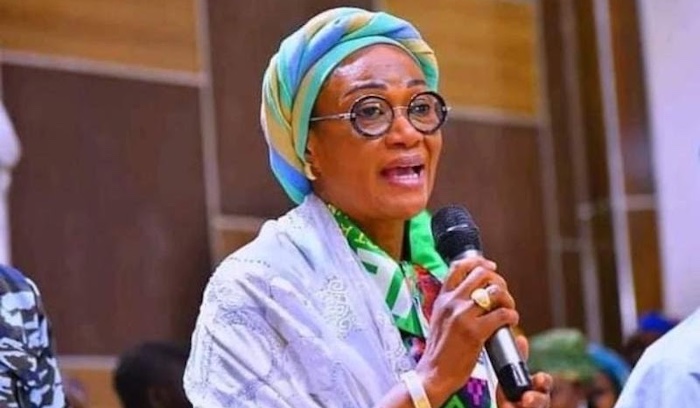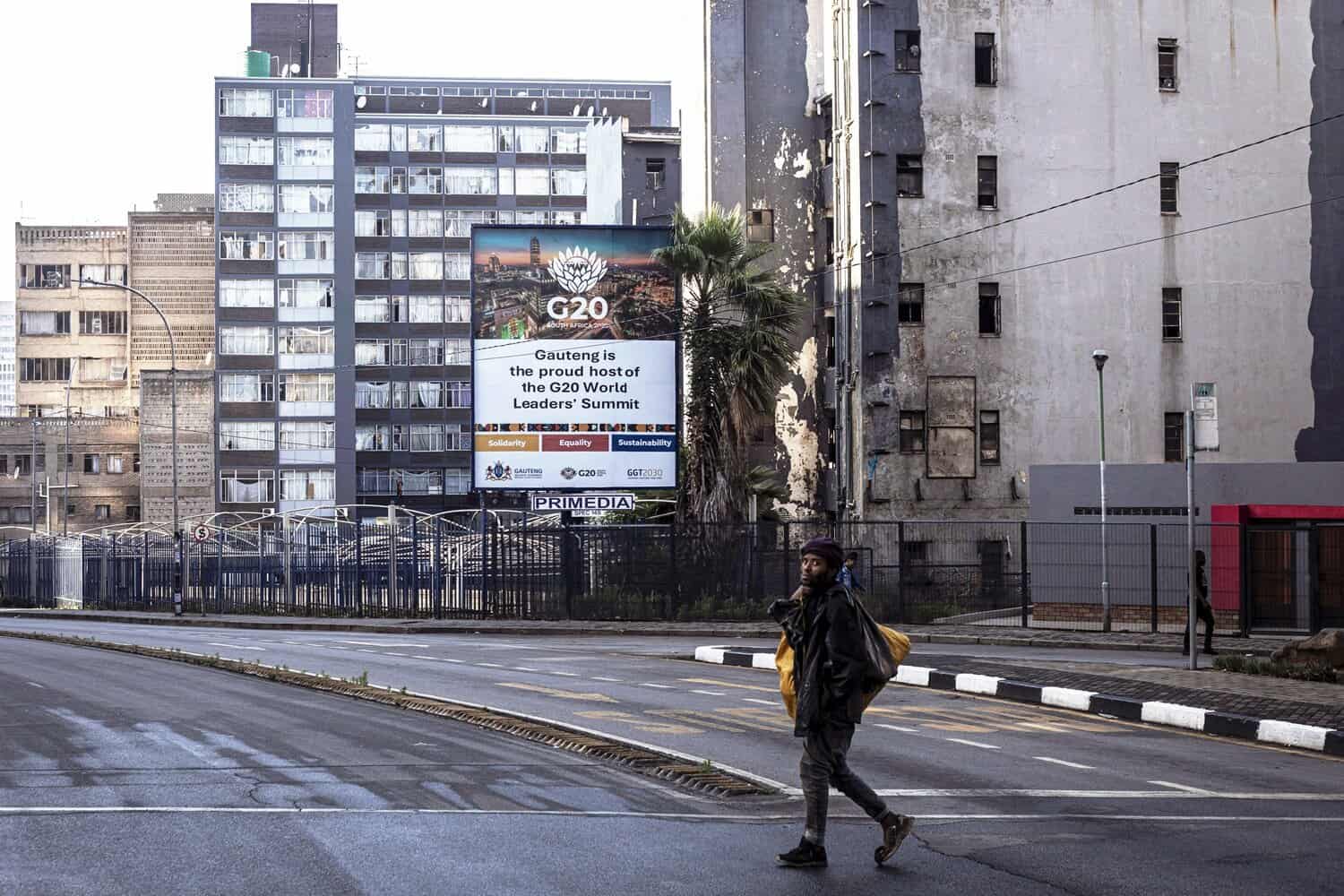
JOHANNESBURG, SOUTH AFRICA - NOVEMBER 8: A homeless man walks past a billboard promoting the upcoming G20 Leaders's Summit stands among housing projects on November 8, 2025 in Braamfontein in central Johannesburg, South Africa. The 2025 G20 Johannesburg summit is the upcoming twentieth meeting of the Group of Twenty heads of state and government planned from 22 to 23 November 2025. (Photo by Per-Anders Pettersson/Getty Images)
Three weeks after The Citizen revealed that R10 billion was being diverted to keep the South African Municipal Worker’s Union (Samwu) from disrupting the G20 Leaders’ Summit, a deal between the city of Johannesburg and the union has reportedly been reached.
The union has been pushing for salary parity with workers in other municipalities.
The city and union have been negotiating the multi-year deal for several weeks, amid threats from the union to shut down highways and the summit itself. “Nothing will move in Gauteng!” Samwu Johannesburg regional chair, Ester Mtatyana, is said to have told workers about the dispute.
According to the Sunday Times, an agreement was finalised on Friday, just days before the global meeting.
The deal, as reported by The Citizen back in October, includes increases of between R1.2 billion and R2 billion by March 2026, between R5 billion and R6 billion by July 2026, and a further R4.1 billion for workers by July 2027.
Water services and roads could be affected
Despite the money reportedly being taken from those earmarked for crucial water and roads projects, mayor Dada Morero’s spokesperson, Khathu Mulaudzi, told the Sunday Times that the deal with Samwu would benefit residents.
Mulaudzi argued that the agreement would now “bring [about] labour stability [and] employee wellness, and to optimise employee performance in favour of the residents of the City of Johannesburg”.
ALSO READ: Roads close and flights stall as G20 nears
Money for unions but not to fix service delivery issues
DA Johannesburg caucus leader Belinda Kayser-Echeozonjoku earlier questioned why Morero was unable to find funds for water infrastructure but was happy to appease the unions.
“This crisis is a direct result of poor prioritisation and financial mismanagement, instead of allocating sufficient funds and ringfencing those funds to Joburg Water to address the decaying infrastructure and failing reservoirs.
“This is not leadership, it is an absolute disgrace that while residents are waiting for water, the mayor is trying to save his political career,” Kayser-Echeozonjoku told The Citizen.
Additional reporting by Jarryd Westerdale
NOW READ: Airlines warn of Joburg airspace gridlock ahead of G20
